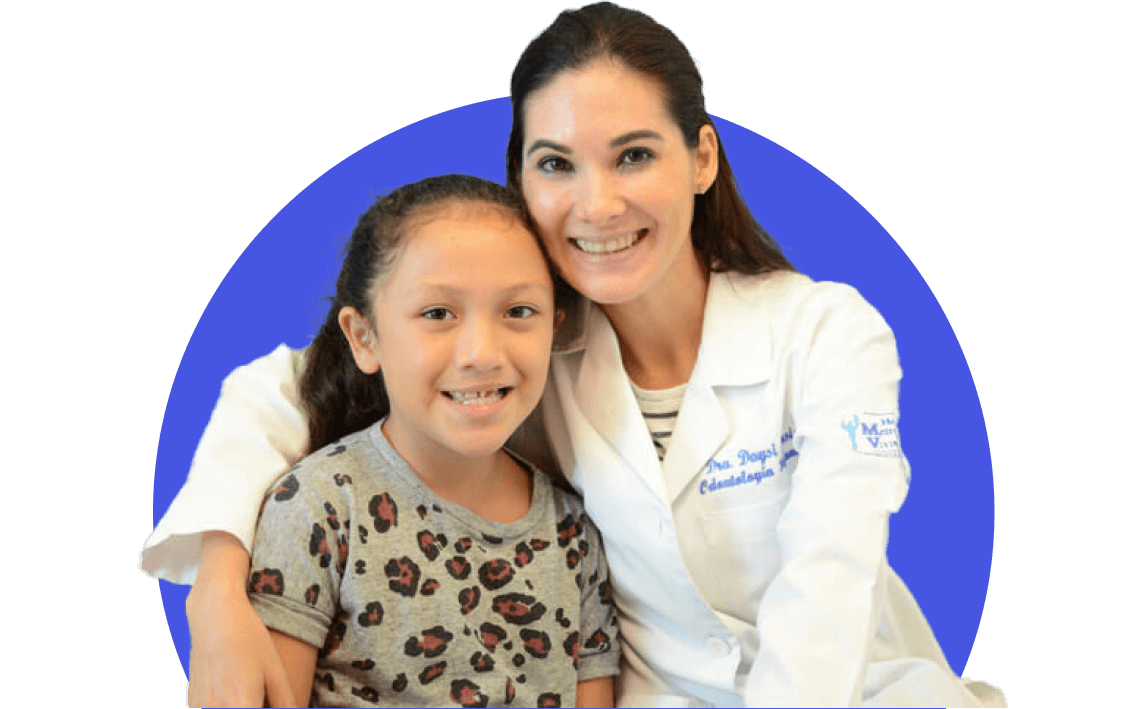- Cleft Home
- What is Cleft Lip and/or Palate?
- Prenatal Diagnosis
- Feeding Your Baby
- What is a Cleft Team?
- Surgery
- Hearing, Speech, and Dental Care
- Paying for Treatment
- Managing Feelings
- Craniofacial Conditions
- Toddlers and Preschoolers
- The School-Aged Years
- The Teenage Years
- Letter to a Teacher
- Information for Adults
- Support Organizations
- Learn More: Downloads
- Cleft Home
- What is Cleft Lip and/or Palate?
- Prenatal Diagnosis
- Feeding Your Baby
- What is a Cleft Team?
- Surgery
- Hearing, Speech, and Dental Care
- Paying for Treatment
- Managing Feelings
- Craniofacial Conditions
- Toddlers and Preschoolers
- The School-Aged Years
- The Teenage Years
- Letter to a Teacher
- Information for Adults
- Support Organizations
- Learn More: Downloads
If you are an adult born with cleft lip and/or palate, you may wish to seek information and treatment in your adult years for any number of reasons:
– to continue with treatment started at an earlier age,
– to start treatment in the adult years,
– to discuss new treatments that may not have been available when you were younger,
– to become involved in a support group,
– to update yourself on current genetic information, or,
– to explore financial choices available to you for services/treatment.
Several issues can arise for adults born with clefts, such as those related to hearing, speech, dentistry, psychological development, physical appearance, and/or reproduction. Financial concerns may also play a role in seeking services during the adult years.
Treatments for many of the issues associated with cleft lip and palate have continued to change over the years. If you wish to discuss these advances or if you have questions about possible treatment, be sure to speak with the professionals on your cleft palate/craniofacial team. To find a list of ACPA-approved cleft teams, look at our complete listing of ACPA Approved Teams.



